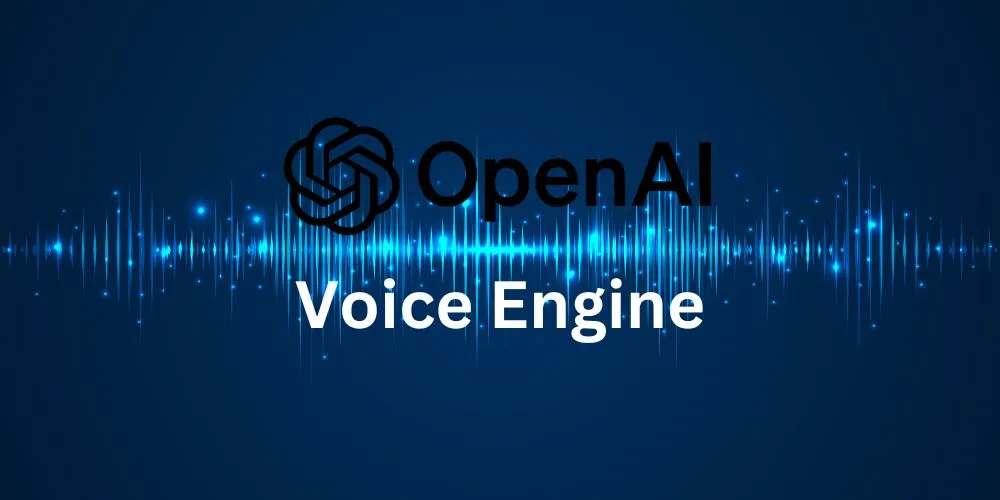Key Points:
- OpenAI introduces Voice Engine, a voice-cloning tool capable of replicating someone’s speech from a 15-second audio sample.
- The company plans to exercise tight control over the release of Voice Engine until safeguards are in place to prevent misuse.
- OpenAI emphasizes the importance of engaging stakeholders to gather feedback and prioritize safety and ethical considerations.
- Strict guidelines for using Voice Engine will be implemented, including obtaining explicit consent and disclosing AI-generated voices.
OpenAI has unveiled a new voice-cloning tool named “Voice Engine,” but the company intends to exercise tight control over its release until adequate safeguards are in place to prevent misuse and deception. This cautious approach follows growing concerns about the potential for audio fakes to deceive listeners, particularly in the context of critical events such as elections.
According to a recent blog post by OpenAI, the Voice Engine model can replicate someone’s speech based on a mere 15-second audio sample. While this technology holds promise for various applications, including voice synthesis and speech generation, it poses significant risks, especially in an election year.
Acknowledging the serious implications of generating speech that closely resembles real voices, OpenAI emphasized its commitment to engaging with stakeholders across various sectors, including government, media, entertainment, education, and civil society. The goal is to gather feedback and ensure that the development and deployment of Voice Engine prioritize safety and ethical considerations.
Disinformation researchers have raised alarms about the potential misuse of AI-powered tools like voice cloning in political campaigns. These tools are increasingly accessible, affordable, and difficult to detect, raising concerns about their potential to spread deceptive content.
In response to these concerns, OpenAI has taken a cautious and informed approach to the rollout of Voice Engine. The company plans to implement strict guidelines, including obtaining explicit consent from individuals whose voices are replicated and disclosing when AI-generated voices are used.
Additionally, OpenAI has implemented safety measures such as watermarking to trace the origin of audio generated by Voice Engine and proactive monitoring to track its usage. These measures aim to mitigate the risks of using synthesized voices for deceptive purposes.
Voice Engine unveils after a high-profile incident involving an AI-generated robocall impersonating US President Joe Biden during a political campaign. This incident underscored the urgent need for safeguards to prevent the spread of deepfake disinformation, particularly in critical election campaigns.









